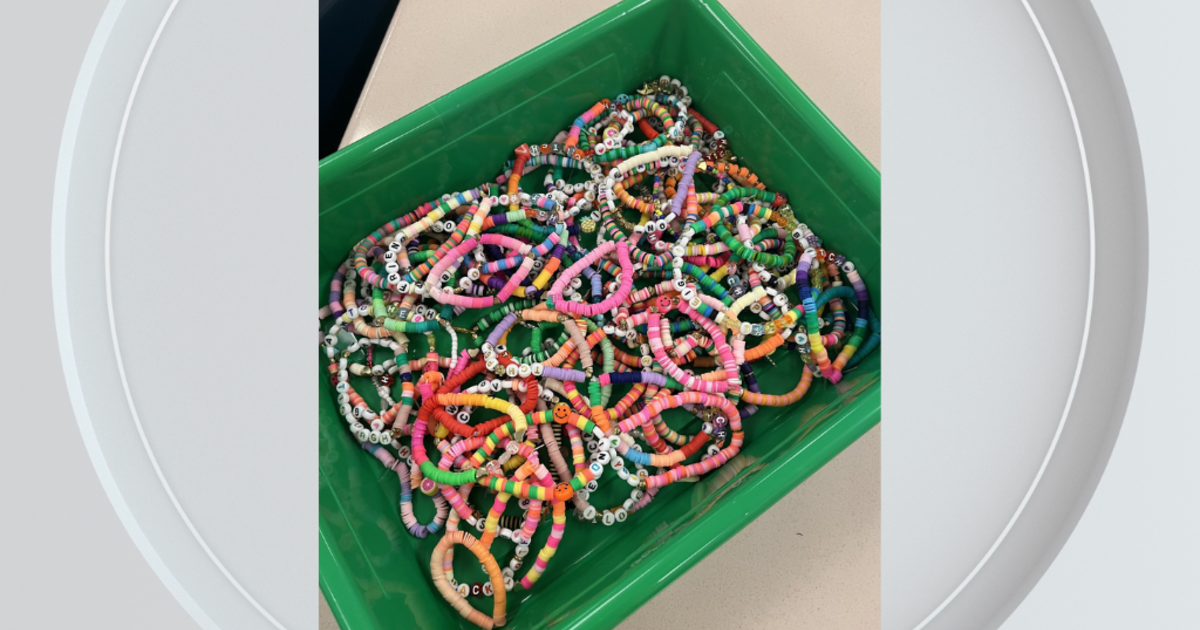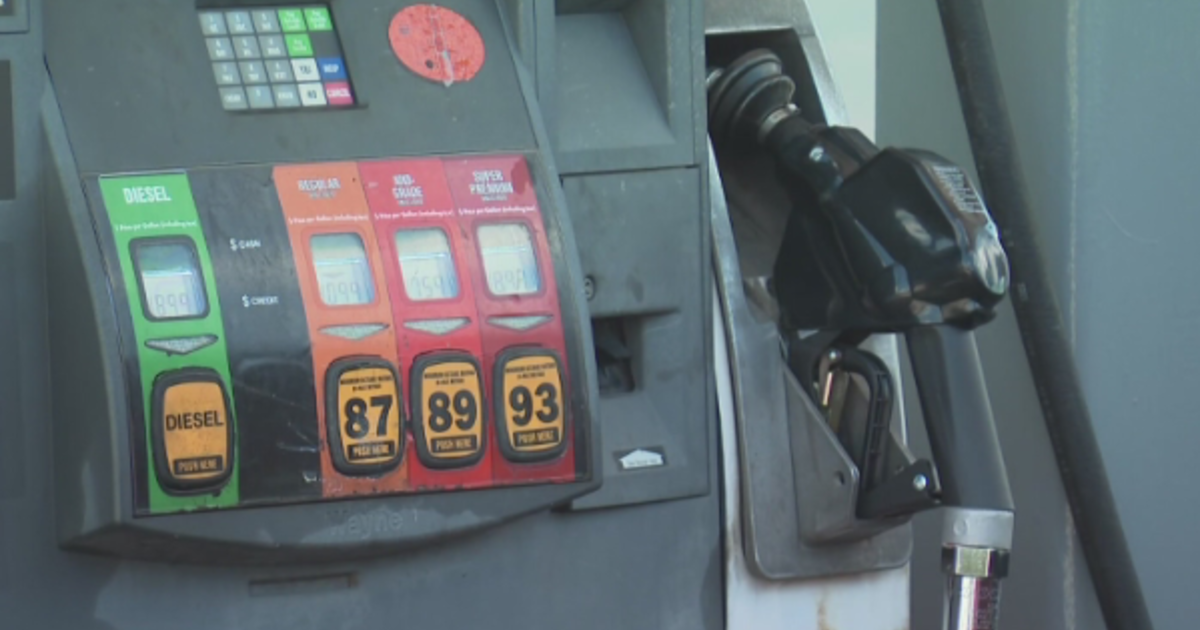Could Upgrading To 4G Be A Waste Of Money?
PITTSBURGH (KDKA) -- You've heard the term 4G, it's in just about every cell phone ad you see.
All the companies are claiming to have the newest, fastest technology wanting you to upgrade and spend more money. However, the man who helps set the standards for the industry says that true 4G technology doesn't even exist yet.
You've seen the ads and the signs.
"4G service is the next generation of wireless technology, and it's about speed," says Don Carretta, a Verizon Network executive director.
"Most people today are using more data than voice," adds Larry Evans, of AT&T Wireless. "Kids are texting, people are using email, people are browsing the web; you're doing that all at the same time."
But to define 4G, you have to define "fast."
"It's confusing, and that's part of the issue; with this definition, people are calling everything 4G at this point," Perry Laforge, CDMA executive director, said.
Laforge is the head of the CDMA Development Group, which established the standards for 4G - or "4th Generation" - service.
"That was 100 megabits per second; that's the ability to get 100 megabits to the phone at a very rapid rate," said Laforge.
But with local 4G networks, you get a much different answer.
"Our 4G technology gives speeds of five to 12 megabits on the downlink and two to five on the uplink," said Carretta.
So, if you go by the standards, it's just not 4G.
However, Laforge says wireless companies pushed to change the standards and pass off slower service as 4G.
"The difference between 3G today and what's 4G today is a substantial improvement, so that's a good thing for consumers," said Laforge. "But it doesn't meet the 100 MB a second that people were thinking 4G was going to be."
While T-Mobile already boasts phones that run on its own 4G network; the largest carriers in our area, Verizon, doesn't offer 4G phones just yet.
"Today we have modems you can hook your laptop up to," said Carretta. "We'll have tablet PCs, we'll have wireless hot spots that take advantage of our 4G network."
In AT&T's case, they're still building theirs for a launch later this year; not to mention that when it comes time to switch over, while current 3G networks will stick around, you'll need to buy a new phone if you want faster 4G service.
"The people that have the device, a 3G device, they have to change to a new device to experience it, so that's the big play," said Evans.
But Carnegie Mellon University's Dr. Martin Griss says don't hold your breath for all 4G coverage.
"It's going to be several years," said Dr. Griss. "The one challenge is replacing older equipment with new equipment. That takes time and money; then, you have to replace the towers or different antennas."
So, the bottom line is if all you're looking for is faster speed, one of those devices that's being marketed as 4G might be an option.
The key is finding the device that fits your needs.
"If you're a really heavy browser or game player, you want to get it now; but if you tend to talk on the phone and browse on the web, because the prices will come down, they'll resolve the bundling data and voice," added Dr. Griss.
Laforge says it'll be three to four years before true 4G is available anywhere in the United States, and calls this whole 4G craze "marketing gone haywire."
If you're considering one of those so-called 4G phones, make sure your carrier's network lives up to its claims before you buy.
RELATED LINKS:
CDMA Development Group
Verizon
AT&T
More Consumer News
More Technology News



